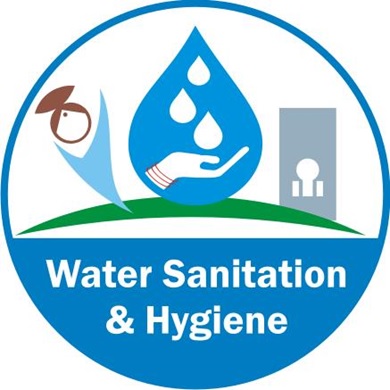First World issues
Last week, we had a water pressure issue in the city my university is in, and parts of our campus were affected. Employees were asked to stay home due to unhealthy working conditions and some classes cancelled, because how can you have people turn up to work/school on a campus where they couldn’t flush the […]

Last week, we had a water pressure issue in the city my university is in, and parts of our campus were affected. Employees were asked to stay home due to unhealthy working conditions and some classes cancelled, because how can you have people turn up to work/school on a campus where they couldn’t flush the toilet after using it? The fact that I instinctively thought, “first world issues” was proof to me of how we have internalised so much nonsense as normal in Naija. I was ashamed.
I went to school in Nsukka in the 90’s. I don’t remember our toilets ever being flushable. And yet we pinched our noses and we did our business. I think the cleaners flushed those toilets once a day, and with how often we had long queues for water, no one would waste their bathing water on flushing a toilet. So what to do? You covered the previous business with toilet paper, did yours and the next person repeated the cycle: sandwiches of p** in the WC.
Or you held it in, and visited a friend whose parents lived on campus and asked to use their bathroom, or if you were close to home, you held it in until you could go home. Otherwise, my friend, you braved the sight and held your breath and did what you had to do. Not once did we – that is my friends and I think that no one could/should be studying under such circumstances.
Not too long ago, there was a photo of one of the male hostels making the rounds on social media. It was dirty, thoroughly dilapidated and there might have been, if memory serves me well, a mountain of trash at the back of it. And yet students lived there.
Very often, I share tit bits of going to college in Naija with my students, but this (as was the case with how we wouldn’t even have thought to stay home because toilets were unflushable) was one I prayed they’d never see. I didn’t even want to imagine the state of the toilets. What does it say about us as a people if we are prepared to endure such filth? Living in it, eating in it, thriving in it? The fact is that we shouldn’t have to have our students live like that. I still want to retch when I think back to those toilets.
The problem perhaps is trying to provide a 21st century solution for a system stuck way in the past. Yes, I am all for progress and that, but I am also pragmatic. Toilets that flush are great for hostels/campuses in a world where constant water supply is a given. Where it isn’t, where water is so treasured that using it to flush the toilet is considered a waste of resources, then WCs become nonsensical decorations which shouldn’t be used at all. It simply isn’t practical. Just dig pits and be done with it. At least students won’t have to face mounds of turd and enthusiastic maggots wriggling all over them every time they want to use the bathroom. It isn’t fair and it isn’t hygienic. And it is certainly not right that we normalize it.
And yet how we have. When I read the post from my school about water pressure and unhealthy working conditions, I admit that I thought “first world wahala’” then I cried in Naija for all the nonsense that we’ve normalized of which using full toilets isn’t even the worst of it.
By the way, I heard that Lagos State wants to introduce electric buses for mass transit to reduce carbon footprint and protect the ozone layer and etc. etc. All well and good. The governor said there’d be charging stations at malls and gas stations and the government has partnered with OANDO clean energy – whose CEO is Adewale Tinubu, BAT’s nephew – to strategically place these chargers. I no talk anything ooo. Modernizing Lagos transport system is good.
What’s better than that is constant power supply, clean water, good roads. For the Giant of Africa, this isn’t too much to ask. Someone say Amen?
